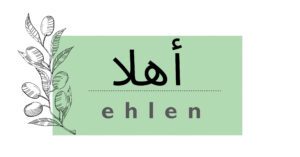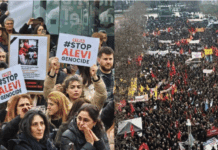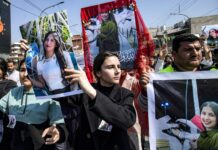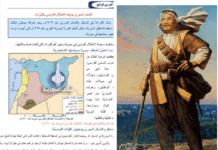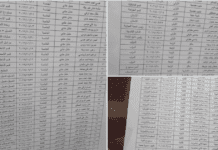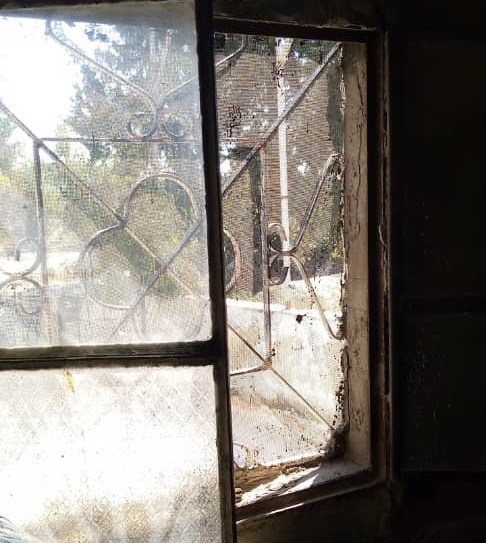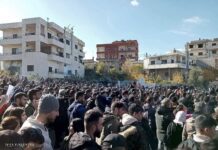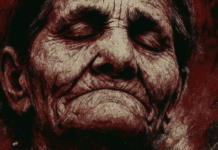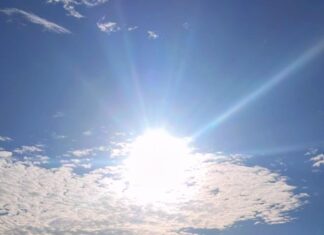J. Jabbour
I was born into a poor family in Syria, part of the Alawite sect, and for much of my early life, poverty was our constant companion. Growing up in an agricultural area, we faced many hardships that are difficult to convey to those who have not lived through them. Our community was isolated—physically, economically, and socially—far from the nearest towns, and basic services such as electricity and water were luxuries we could hardly imagine.
It wasn’t until I reached the twelfth grade that we were able to build a modern house, thanks to the gradual improvements we had managed to make. This was, in itself, a monumental achievement, yet it was soon overshadowed by the immense challenges brought by the war.
At a young age, I made the decision to volunteer in the army medical services. It was a path that, while not ideal, provided some form of stability during an increasingly unstable time. I also pursued a nursing degree on a boarding scholarship, an opportunity I was fortunate to receive. Little did I know that these early decisions would eventually set the stage for a long separation from my family due to the ongoing conflict. I lived away from home for many years, caught in a cycle of uncertainty, trying to do what I could to support those I loved.
The eventual fall of Bashar al-Assad’s regime brought its own set of challenges. After the regime’s collapse, I found myself discharged from military service and returned to my home, but with nothing to show for it—nothing but the scars left by the conflict and the loss of the life we once knew. Even our dog, which had once served as our loyal guardian, passed away in the harsh conditions of the war. She had wandered off, unable to fend for herself, a victim of the same fate that befell many of us.
Living in an area that was not connected to the national infrastructure was another form of hardship. We had to bring electricity to our home at our own expense in the year 2000. Water was even more of a challenge. Before that, we would travel to a distant village spring to fill our water containers. We were fortunate that my brother, may God rest his soul, was exempted from military service due to his injuries as a war casualty. His exemption allowed us to bring water to our area, a rare instance of support in a time of deep neglect.
This year has been particularly difficult. The land is dry, and we managed to plant only a single dunum of okra, just enough to cover its expenses. The wheat crop, which once represented a lifeline, has become a burden. The price of wheat has plummeted to the point that it can no longer even cover the debts we owe to the Agricultural Bank, which has been supplying us with seeds and fertilizers on credit.
As I look at the situation in Syria today, it is impossible for me to avoid drawing a comparison between the current rulers and the brutal regimes we have endured in the past. The forces currently governing much of Syria are groups such as Hayat Tahrir al-Sham, which to me are no different from the ISIS militants who terrorized Iraq and slaughtered the Yazidis. Their behavior is marked by the same brutality, the same disregard for human dignity.
Many Alawite men have been imprisoned, some kidnapped without any trace of their whereabouts. Women are taken captive, subjected to unspeakable violence, and used as tools of sexual slavery. It is impossible for me to see anything good coming from this government.
I cannot help but feel that the future of Syria is slipping away, as it becomes ever more reminiscent of Afghanistan under the Taliban. In fact, the Taliban were among the first to congratulate Hayat Tahrir al-Sham on their rise to power, reinforcing the parallels between the two regimes. The periods of calm we experience today are merely a form of taqiyya—deceptive calm used by political Islamic movements to conceal their true intentions.
The situation is bleak, and I wonder if Syria will ever return to what it once was—a place where the people had hope, where there was room for peace and coexistence. For now, the struggle continues, and the future remains uncertain.
Conclusion
This reflection highlights the deep personal impact of the ongoing conflict in Syria. From the perspective of someone who has lived through the hardship of war and the shifting powers that have governed the country, it is clear that the future remains uncertain. The ongoing violence, displacement, and poverty are all too familiar for many Syrians, and the hope for a better future seems increasingly distant.
